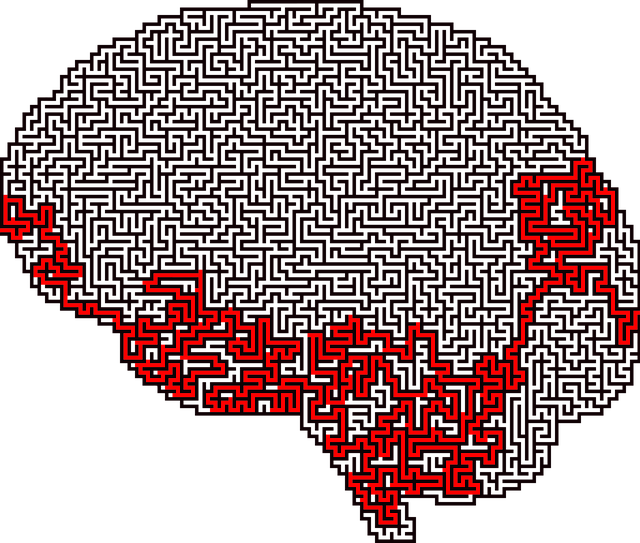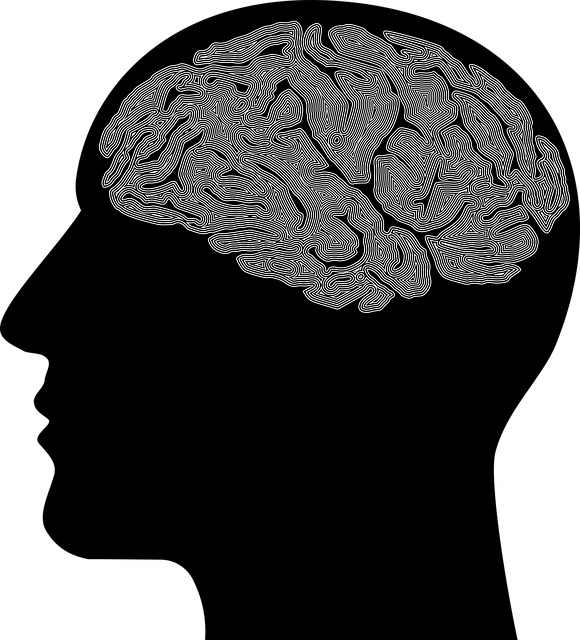Parker Functional Neurological Disorder Therapy (PFND) is a holistic, personalized approach to managing mental health challenges, particularly in high-stress healthcare environments. By identifying individual stress triggers and providing tailored coping strategies, PFND builds resilience and reduces the risk of anxiety and depression. This therapy combines physiological, cognitive, and emotional interventions, offering evidence-based techniques for stress reduction and inner strength development. Through personalized guidance and practical tools like Mindfulness Meditation and Mental Wellness Journaling, individuals gain control over their mental health, improving overall well-being and job satisfaction for healthcare providers.
Coping skills development is a vital component of overall well-being, especially for individuals managing complex conditions like Parker Functional Neurological Disorder (PFND). Understanding and cultivating effective coping strategies can significantly enhance quality of life. This article explores key aspects, including the importance of PFND therapy in fostering resilient coping mechanisms, tailoring strategies to individual needs, practical techniques for stress management, and seamlessly integrating coping skills into daily routines.
- Understanding Coping Skills and Their Significance
- The Role of Parker Functional Neurological Disorder Therapy
- Identifying Individual Needs for Effective Coping Strategies
- Practical Techniques to Enhance Coping Abilities
- Integrating Coping Skills into Daily Life
Understanding Coping Skills and Their Significance

Understanding coping skills is paramount when it comes to navigating life’s challenges and maintaining optimal mental health. These skills equip individuals with effective strategies to manage stress, overcome adversity, and promote overall well-being. In the context of Parker Functional Neurological Disorder Therapy (PFND), coping skills development forms a cornerstone of treatment. PFND recognizes that each individual has unique experiences and triggers for stress or burnout, and thus offers personalized approaches to fostering resilience.
For healthcare providers, who often face high-stress environments and demanding schedules, coping skills are essential tools in their professional arsenal. Implementing effective stress management techniques and burnout prevention strategies can significantly enhance job satisfaction and reduce the risk of mental health issues such as anxiety and depression. Moreover, integrating these practices into Mental Health Policy Analysis and Advocacy ensures that healthcare systems support the well-being of both patients and providers alike.
The Role of Parker Functional Neurological Disorder Therapy

Parker Functional Neurological Disorder (PFND) Therapy plays a pivotal role in coping skills development by addressing the root causes of mental health issues and neurological disorders. This therapeutic approach focuses on improving brain function and neural connectivity, which can significantly enhance an individual’s ability to cope with stress, anxiety, and other challenges. By integrating evidence-based techniques with personalized strategies, PFND therapy empowers individuals to cultivate mental wellness.
One of the key strengths of PFND lies in its holistic nature, combining physiological, cognitive, and emotional interventions. This comprehensive approach facilitates resilience building by teaching effective coping mechanisms that extend beyond traditional talk therapy. As a result, individuals not only experience improved stress reduction methods but also develop a profound sense of control over their mental health. Through tailored mental wellness coaching programs, PFND Therapy enables clients to navigate life’s complexities with greater ease and confidence, ultimately enhancing their overall quality of life.
Identifying Individual Needs for Effective Coping Strategies

Identifying Individual Needs for Effective Coping Strategies is a pivotal step in any therapeutic journey, especially when addressing complex conditions like Functional Neurological Disorders (FNDs). The Parker Functional Neurological Disorder Therapy approach emphasizes understanding each patient’s unique challenges and strengths. This tailored method ensures that coping strategies are not one-size-fits-all but instead cater to the specific needs of individuals dealing with FND symptoms.
For instance, while Mindfulness Meditation can be a powerful tool for stress reduction and emotional regulation, its effectiveness varies based on personal preferences and experiences. Similarly, Mental Health Policy Analysis and Advocacy plays a crucial role in creating supportive environments, but Healthcare Provider Cultural Competency Training is essential to ensure that care is respectful and accessible to diverse populations. By recognizing these variations, therapists can guide patients towards coping mechanisms that resonate with their personal journeys.
Practical Techniques to Enhance Coping Abilities

Practical Techniques to Enhance Coping Abilities
One effective approach to develop robust coping skills is through Parker Functional Neurological Disorder Therapy (PFNDT). This therapy focuses on identifying and modifying negative thought patterns, offering practical tools for emotional regulation. By combining techniques from cognitive-behavioral therapy with mindfulness practices, PFNDT equips individuals with a comprehensive toolkit to navigate life’s challenges. For instance, regular Mental Wellness Journaling Exercise can help individuals track their emotions, identify triggers, and gain valuable insights into their coping mechanisms.
Integrating Inner Strength Development is another powerful strategy. Encouraging self-reflection and the practice of affirmations can foster resilience and confidence in managing difficult situations. Crisis Intervention Guidance, a crucial component of PFNDT, provides immediate support during intense moments, offering evidence-based strategies to de-escalate and cope effectively. These practices, when incorporated into daily routines, empower individuals to build adaptive coping abilities, enhancing their overall mental wellness.
Integrating Coping Skills into Daily Life

Integrating coping skills into daily life is a transformative process that empowers individuals to navigate challenges with resilience and adaptability. The Parker Functional Neurological Disorder Therapy (PFNDT) approach recognizes the importance of teaching clients practical strategies to manage stress, anxiety, and other emotional difficulties. By incorporating these techniques into their routines, individuals can enhance their overall well-being and improve their ability to cope with life’s demands.
Trauma Support Services often emphasize self-care practices as a foundation for healing. This includes activities like mindfulness meditation, deep breathing exercises, and progressive muscle relaxation, which are simple yet effective tools for reducing stress response. Moreover, encouraging regular physical activity and maintaining a balanced diet contributes to improved mental health. For those struggling with low self-esteem, targeted interventions focused on building confidence and fostering a positive self-image can significantly enhance coping abilities. The PFNDT methodology guides individuals in identifying personalized strategies that resonate with their unique needs, ensuring a comprehensive approach to emotional well-being.
Coping skills development is an essential aspect of well-being, especially for individuals navigating challenges like those with Parker Functional Neurological Disorder (PFND). By understanding and utilizing effective coping strategies, as discussed in this article, one can significantly enhance their ability to manage stress and adversity. The integration of PFND therapy techniques offers a tailored approach to identifying individual needs, providing practical tools, and fostering the daily practice of coping skills. Through these means, folks can revolutionize their resilience and overall mental health, ensuring a more balanced and fulfilling life.














